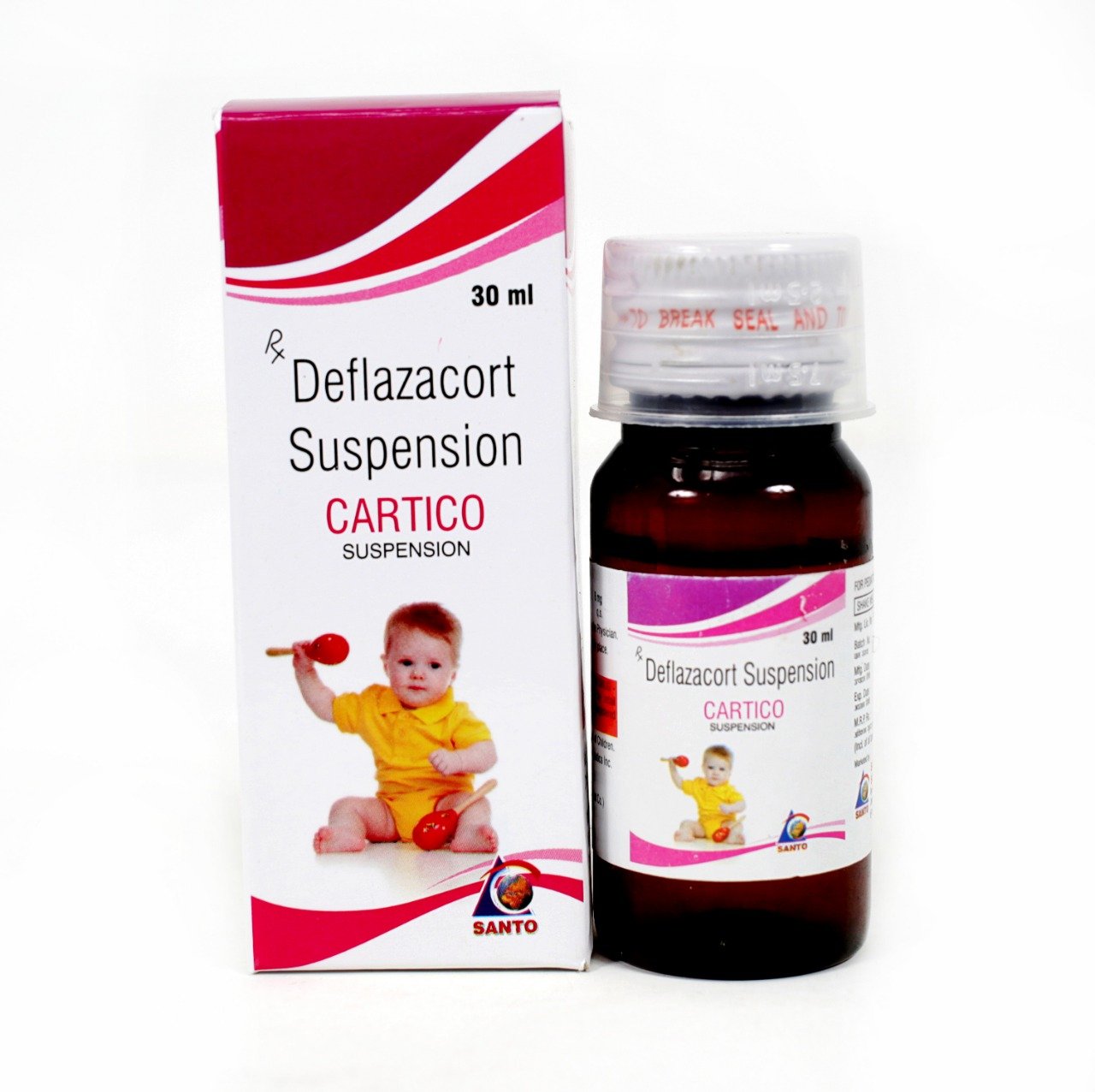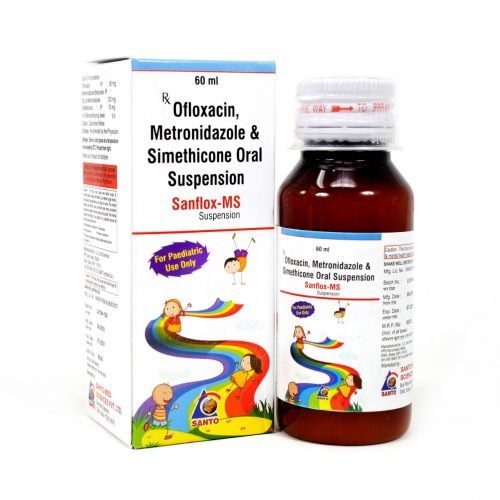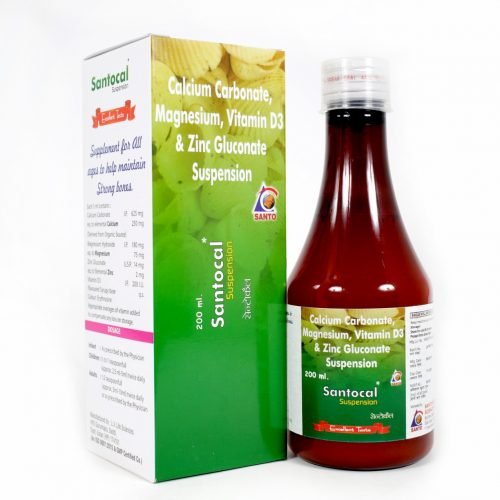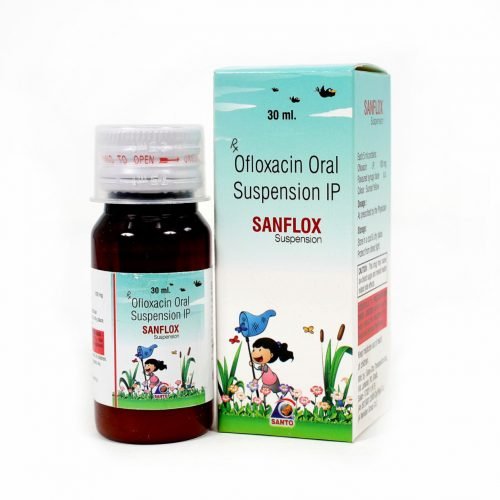- 01792-220191, 09839141955, 06390845955
- SCO No. 2 & 3, Block-B;Office No.-249A; 2nd Floor, Motia Plaza Baddi-173205; Distt. Solan (H.P.)
- Home
- Suspensions
- CARTICO (SUSPENSIONS)

BELIWELL (SUSPENSIONS)
September 19, 2019
COLDGARD (SYRUPS)
September 19, 2019CARTICO (SUSPENSIONS)
| Brad Name | Cartico (Suspensions) |
| Composition | Deflazacort 6 Mg / 5 Ml Suspensions |
Deflazacort 6 mg / 5ml suspension
Deflazacort is a steroid that reduces inflammation in the body.
Deflazacort is used to treat Duchenne muscular dystrophy in adults and children who are at least 5 years old.
Deflazacort is not a cure for muscular dystrophy, but this medicine may improve muscle strength and slow the progression of disability.
Deflazacort may also be used for purposes not listed in this medication guide.
Follow all directions on your medicine label and package. Tell each of your healthcare providers about all your medical conditions, allergies, and all medicines you use.
Deflazacort Side Effects
Get emergency medical help if you have signs of an allergic reaction: hives; difficult breathing; swelling of your face, lips, tongue, or throat.
Serious and sometimes fatal infections may occur during treatment with deflazacort. Stop using this medicine and call your doctor right away if you have signs of infection such as:
- sudden weakness or ill feeling, fever, chills, sore throat;
- sores or white patches in your mouth or throat;
- skin sores, warmth or redness under the skin;
- stomach cramps, vomiting, diarrhea, bloody or tarry stools, rectal irritation;
- pain or burning when you urinate;
- night sweats; or
- rapid weight loss.
Interactions
Grapefruit and grapefruit juice may interact with deflazacort and lead to unwanted side effects. Avoid the use of grapefruit products while taking deflazacort.
Avoid being near people who are sick or have infections. Call your doctor for preventive treatment if you are exposed to chicken pox or measles. These conditions can be serious or even fatal in people who are using steroid medicine.
Do not receive a “live” vaccine while using deflazacort,or you could develop a serious infection. Live vaccines include measles, mumps, rubella (MMR), polio, rotavirus, typhoid, yellow fever, varicella (chickenpox), zoster (shingles), and nasal flu (influenza) vaccine.
Tell your doctor about all your current medicines and any you start or stop using, especially:
- insulin or oral diabetes medicine;
- thyroid medication;
- St. John’s wort;
- an antibiotic, antifungal medicine;
- an antidepressant;
- antiviral medicine (such as medicine to treat hepatitis C or HIV/AIDS);
- heart or blood pressure medicine;
- seizure medication;
- tuberculosis medication; or
- NSAIDs (nonsteroidal anti-inflammatory drugs)–aspirin, ibuprofen (Advil, Motrin), naproxen (Aleve), celecoxib, diclofenac, indomethacin, meloxicam, and others.





